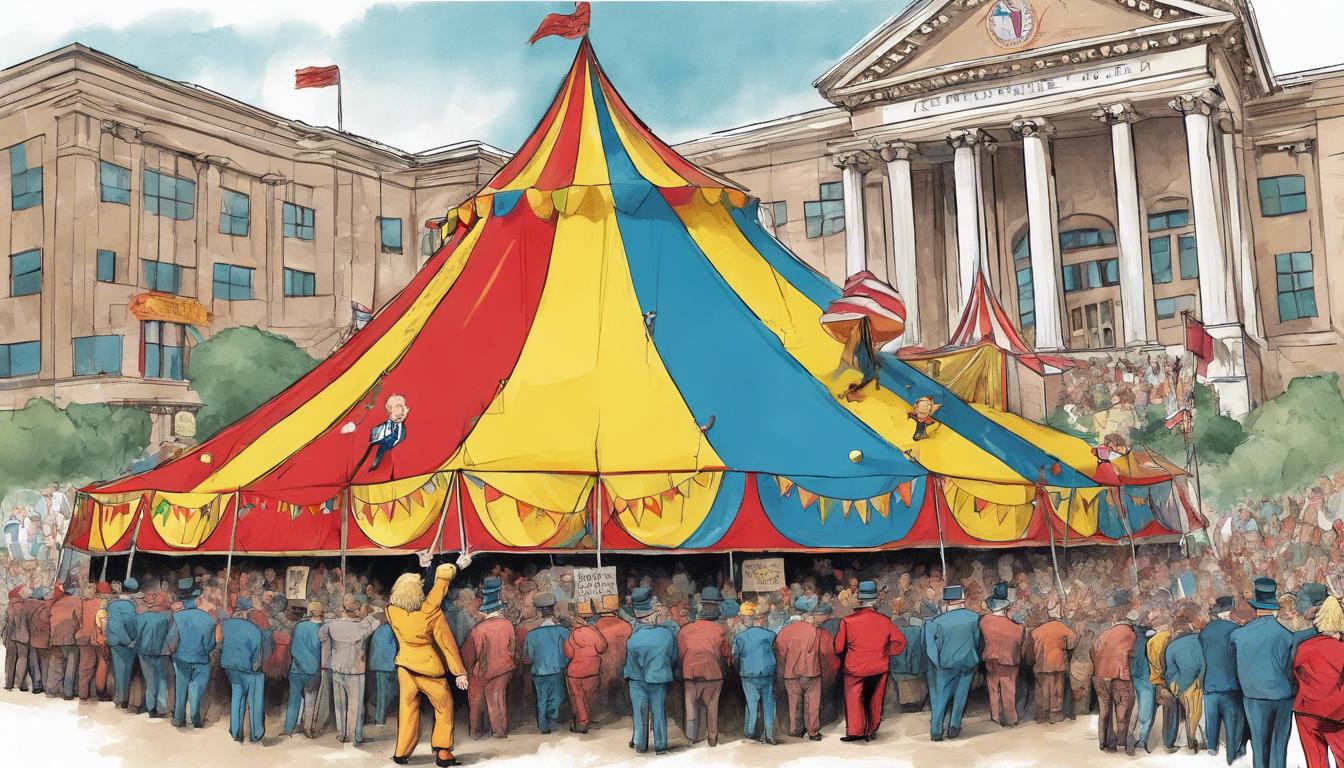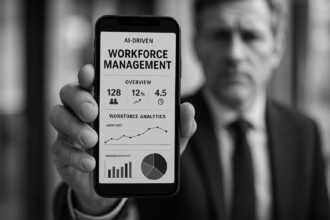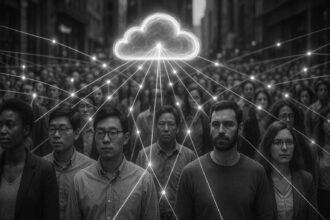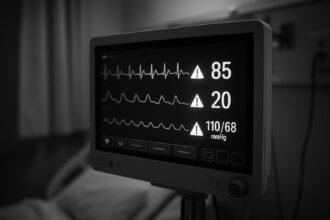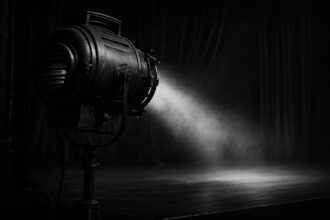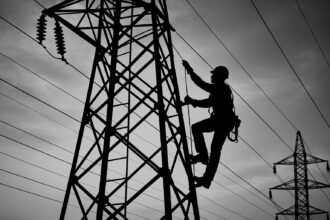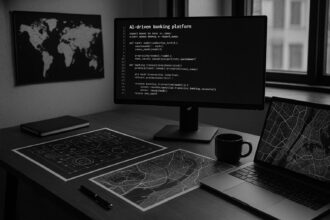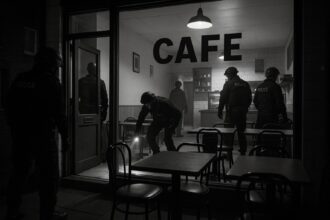Former US President Donald Trump faces a criminal trial over allegations of falsifying business records related to a hush-money payment, with potential significant implications for his future in politics.
The criminal trial of former US President Donald Trump has begun in New York, focusing on allegations that Trump falsified business records to hide a hush-money payment to adult film actress Stormy Daniels. On the opening day, over half of the potential jurors admitted to possible bias, complicating the selection process for an impartial jury. The Manhattan District Attorney’s Office claims the payment was intended to influence the 2016 presidential election outcomes by preventing Daniels from disclosing an alleged affair with Trump.
Outside the courthouse, the trial has generated significant public interest with demonstrations from both Trump’s supporters and critics. Among the supporters, some have controversially connected Trump’s trial to broader, personal grievances around the theme of paying for sex, despite Trump himself not facing charges related to such claims.
Trump’s legal strategy includes shifting blame to his former attorney, Michael Cohen, and challenging the admissibility of certain evidence and the applicability of statute limitations. While attempts to dismiss or delay the trial have been rejected, the proceedings are expected to heavily influence Trump’s political future as the next presidential election approaches.
The trial continues to receive high-profile attention and could be pivotal in determining Trump’s eligibility and viability in future political endeavors.


